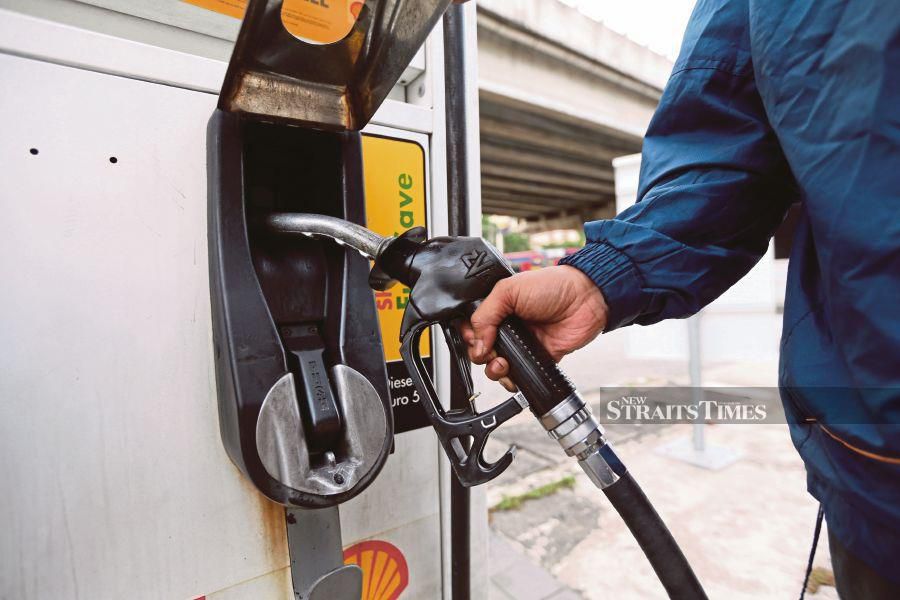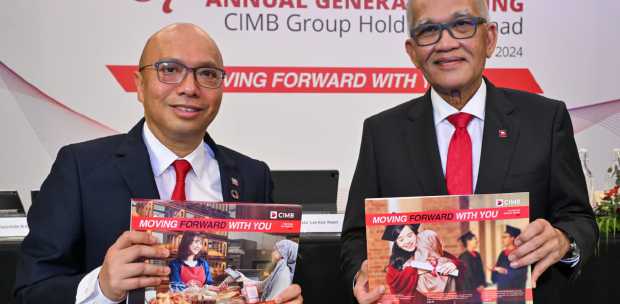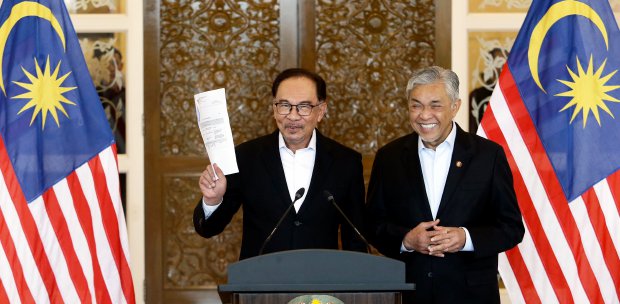KUALA LUMPUR: The government's move to implement targeted subsidies for fuel, including RON95 petrol and diesel, starting next year needs to be clearly defined to avoid burdening the country's vital sectors.
This was the feedback from consumers groups, experts and a transport association, who expressed their worry that such an endeavour could lead to higher costs for the people.
Federation of Malaysian Consumers Associations secretary-general Datuk Dr Paul Selvaraj said the government must ensure that the target groups for fuel subsidies truly benefited from the move so that those in the B40 group and the lower-end of the M40 group were not left out.
"We need to see how this policy will be implemented, and the criteria used for it and how the actual implementation will be.
"We need to know what are the 'cut-off points' for the implementation. For example, the target group should include the lower end of the M40 income bracket, too."
Peninsular Malaysia Tour Bus Association secretary-general Tai Poh Kim said the tour bus industry would be severely affected if the targeted subsidies, especially for diesel, was implemented.
"From what I heard before, if the targeted subsidies, especially for fuel, are implemented, it would only cover school buses and public transport. This would hurt tour bus operators.
"The travel industry is still recovering. If we are left out in the target group for fuel subsidies, we have to increase our prices to ensure that we can operate."
Tai added that this will have a knock-on effect on the tourism industry as operators would have to compete against prices in neighbouring countries.
"We hope that the government will consider tour bus operators to be included in the targeted group for diesel subsidies," he told the New Straits Times.
Putra Business School associate professor Dr Ahmed Razman Abdul Latif urged the government to properly designate the recipients of the targeted fuel subsidies.
He said any implementation of targeted subsidies would likely have an effect on the price of goods.
"My concern is that the people or organisations that previously enjoyed the subsidies will be left out and this could likely impact the price of products.
"The government should monitor its rollout and ensure that they have the best mechanism for its implementation."
Yesterday, Domestic Trade and Cost of Living Minister Datuk Seri Salahuddin Ayub said the government will implement targeted fuel subsidies, including for RON95 petrol and diesel, starting next year,
He said the matter was raised during the National Economic Action Council meeting yesterday.
He, however, did not disclose the mechanism that will be used for the targeted subsidies.
"We have discussed the matter during the meeting yesterday (Wednesday). We will begin this (move) with diesel.
"Several ministries including the Domestic Trade and Cost of Living, Economy, Finance, Transport and the Investment, Trade and Industry Ministries are now completing an integrated database.
"This integrated database will be used for coordinating related data. All agencies and ministries have their own databases. We just need to synchronise the data and make sure it is effective for its implementation later."
When pressed further for a specific timeline for the implementation, Salahuddin said: "This (move) will be done maybe by next year."
He said this at a press conference during the launch of the Malaysia International Franchise Exhibition and Conference 2023 at the Kuala Lumpur Convention Centre here yesterday.
Berita Harian previously reported that targeted subsidies might be introduced in the next few months, taking into account the probability that global oil prices will continue to rise to US$100 per barrel.
Last February, Deputy Finance Minister Datuk Seri Ahmad Maslan was reported to have said that the government could save up to RM17 billion if the T20 group did not enjoy petrol, diesel and liquid petroleum gas subsidies.
Ahmad said the use of the three fuels last year among the B40 group was about 24 per cent, and 41 per cent among the M40 group and 35 per cent among the T20.
He said the government was committed to implementing targeted subsidies to reduce leakages, adding that through this measure, the government would still bear electricity subsidies amounting to RM10.8 billion.





